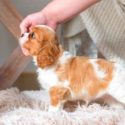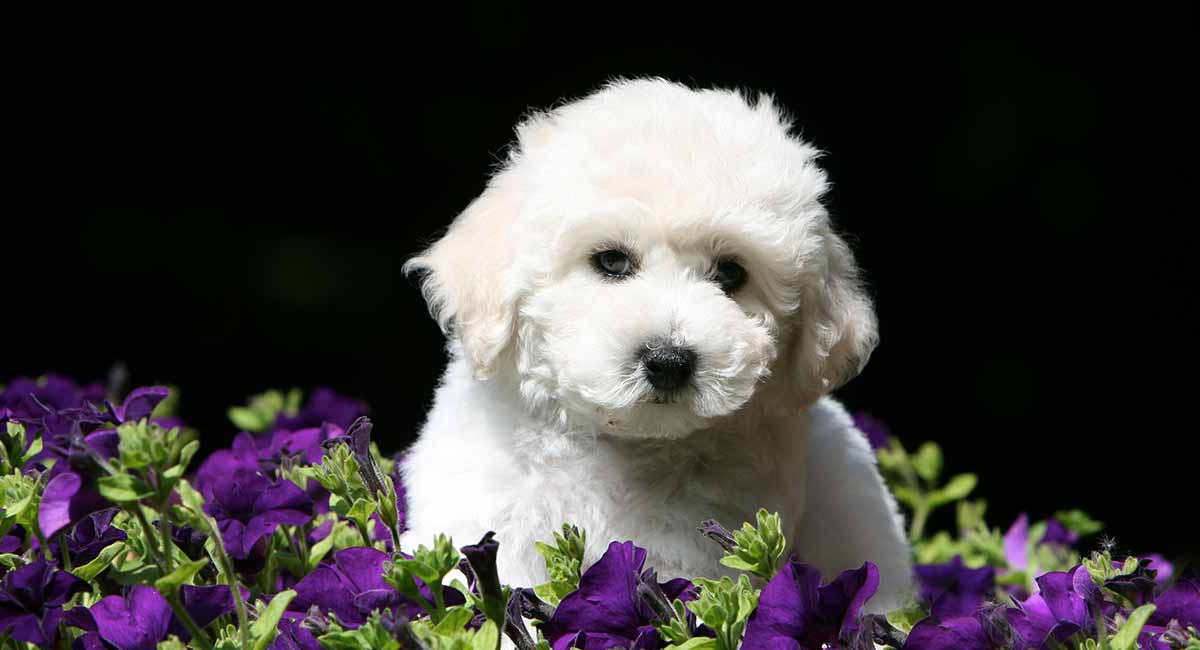The teacup King Charles Cavalier is a miniature version of an ancient breed that has gained popularity in recent times. King Charles Spaniel are known for their wide eyes, beautiful coats, and friendly temperaments. They were originally bred in the 16th century and are currently the 14th most popular dog in the US. Three ways …
Teacup King Charles Cavalier – Your Guide To The Mini CavalierRead More











